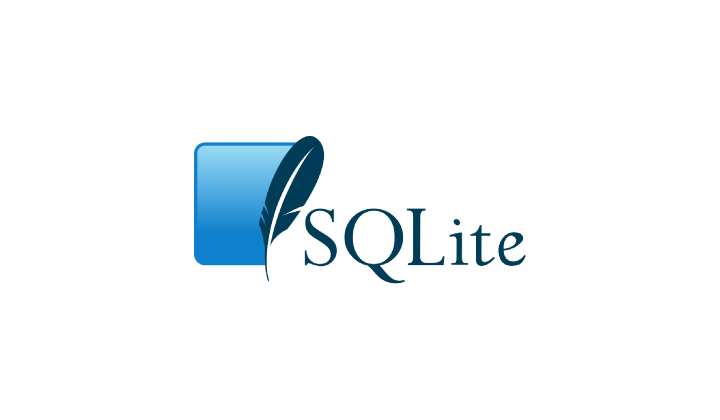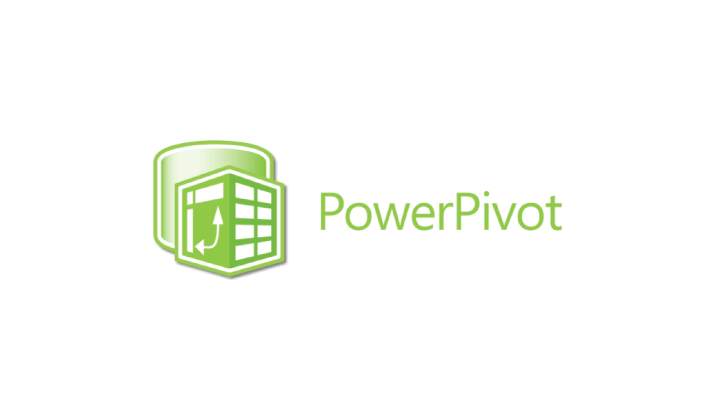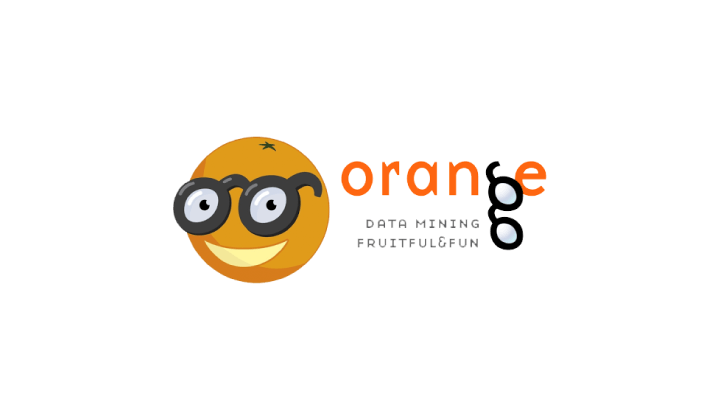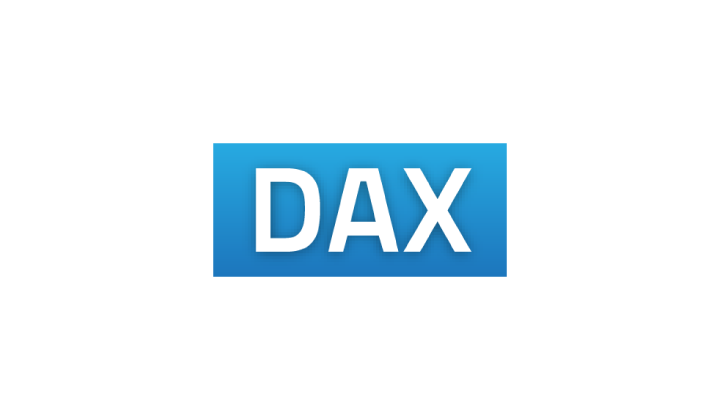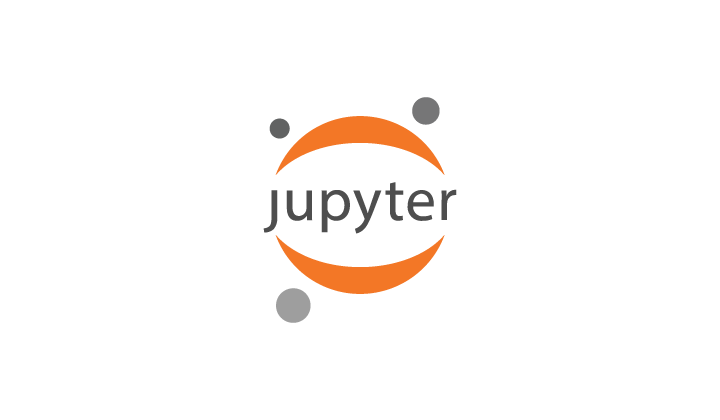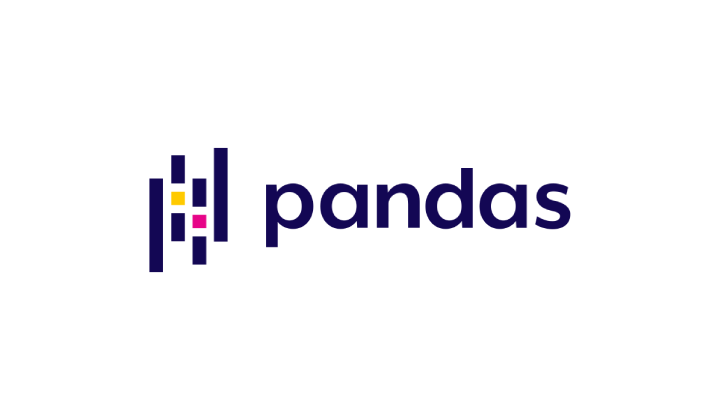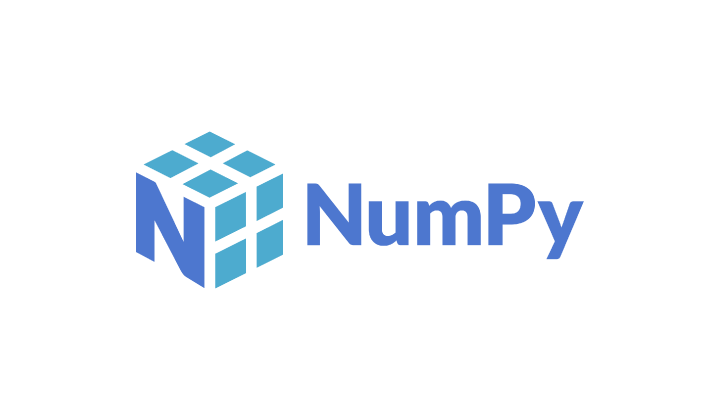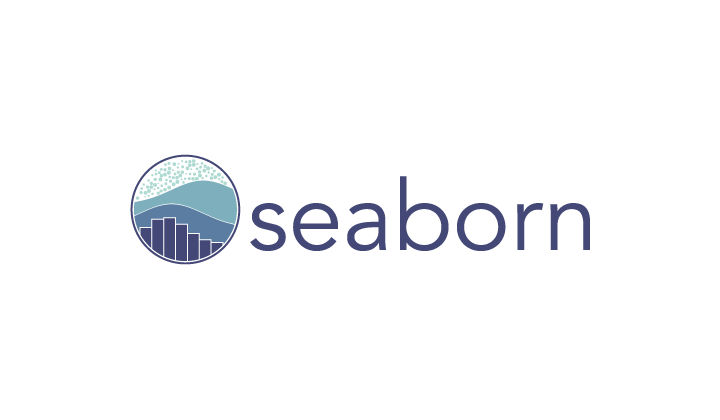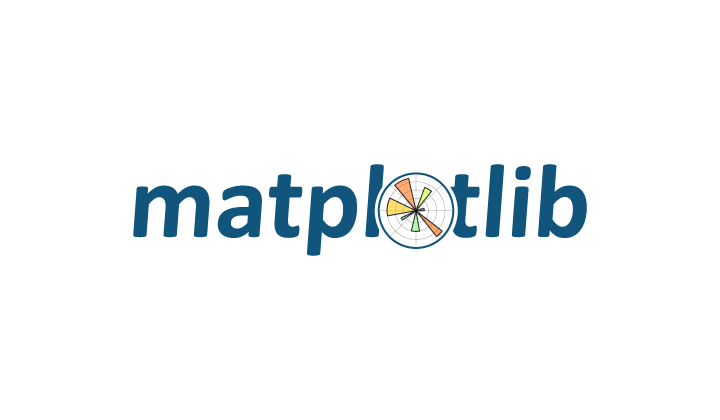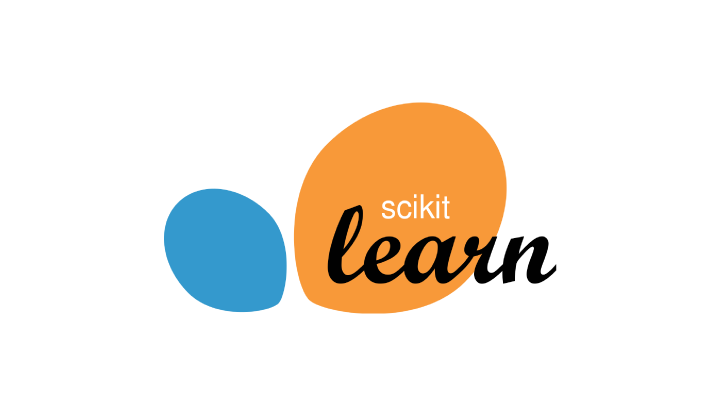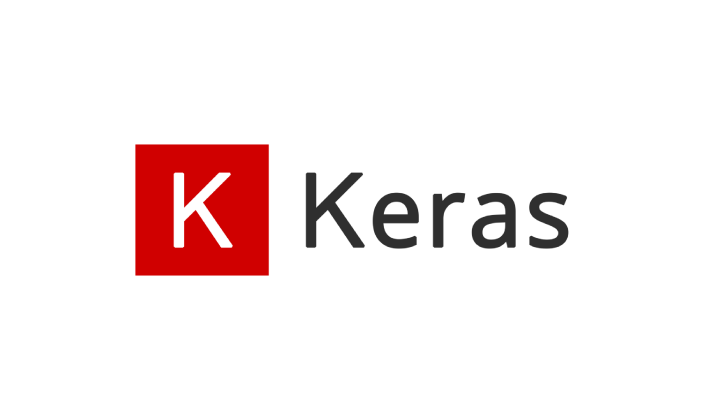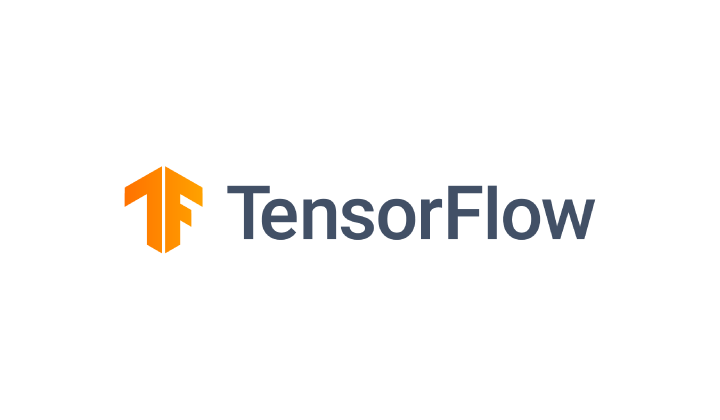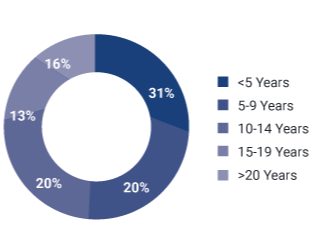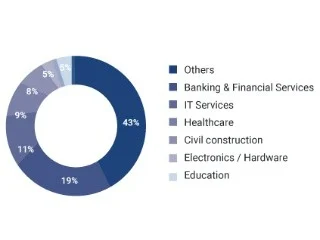Machine Learning and Data Analytics using Python
Bridging Business and Digital Transformation with Machine Learning and Data Analytics to accelerate competitive advantage.
Future-Proof Your Career: Invest in Your Success
Emeritus and NUS School of Computing unite to offer an exclusive opportunity. Enrol byInvalid liquid dataand get USD250 enrolment benefit. Limited seats available. Reserve your spot today!
What Will This Programme Do For You?
Explain the usage of data from insight generation and visualisation to fitting machine learning models using Python
Understand the data structures in Python
Extract data from database using SQL
Write custom functions and codes in Python, and use relevant libraries in Python such as pandas and Numpy to manipulate data
Perform ETL (Extract Transform Load) processing using data analysis expressions (DAX) to perform calculations
Align and apply the supervised and unsupervised learning models in Python
Develop dashboards using Power BI
Optimise neural networks by using normalisation to identify best parameters settings
Perform exploratory data analysis (EDA) and data wrangling on various data sources
Identify challenges and demonstrate best practices in implementing machine learning models
Note: The programme highlights mentioned above are subject to change based on faculty availability and the desired outcomes of the programme.
*This programme is primarily self-paced online with some live sessions conducted by programme faculty. The availability of post-session video recordings is at the discretion of the faculty members, and Emeritus or the institute cannot guarantee their availability. We have a curated panel of distinguished industry practitioners who will conduct weekly live doubt-clearing sessions.
**Assignments will be graded by industry practitioners who are available to support participants in their learning journey, and/or by the Emeritus grading team. The final number of quizzes, assignments, and discussions will be confirmed closer to the start of the programme.
***Participants are responsible for arranging their own travel and accommodation for the on-campus networking sessions.
Programme Highlights
No prior coding experience
Programme designed for professionals without prior coding experience
Premium school experience
Certificate from Asia’s Leading University
Industry relevant curriculum
In-depth and comprehensive understanding of Machine Learning, Case studies developed by NUS School of Computing faculty and Emeritus
Distinguished faculty
Learn via video lectures from renowned faculty at NUS School of Computing
Flexible mode of delivery
Pre-Recorded Video Lectures* from NUS faculty with for self-paced learning interspersed with live lectures from renowned NUS faculty and industry practitioners
Live and interactive sessions
4 live sessions with faculty and 2 with industry experts
Networking immersion
Networking event with peers and global leaders from other organisations
Capstone project
Toward the end of the programme, you will demonstrate your newly gained analytics skills by applying what you learned to build a simulation of real-life projects
Modules on Generative AI Including Applications
Gen-AI Masterclass and Live Case Study Discussions
Programme Modules
The curriculum is organised into a 30-week programme that will be taught via video lectures from NUS faculty experts with more than 20 years’ experience in the field.
Segmented into 3 integrative sections, the programme aims to systematically equip you with the knowledge and skills you need to implement Machine Learning and Data Analytics to solve real-life problems and meet evolving needs of organisations.
Integrated with Generative AI(Optional)
Module 1: Introduction to Generative AI
Module 2: Generative AI Models
Module 3: Working with Generative AI
Module 4: Coding
Masterclass to address cutting-edge tools and latest developments
Note: *This programme is primarily self-paced online with some live sessions conducted by programme faculty. The availability of post-session video recordings is at the discretion of the faculty members, and Emeritus or the institute cannot guarantee their availability. We have a curated panel of distinguished industry practitioners who will conduct weekly live doubt-clearing sessions.
**Assignments will be graded by industry practitioners who are available to support participants in their learning journey, and/or by the Emeritus grading team. The final number of quizzes, assignments, and discussions will be confirmed closer to the start of the programme.
The bonus content on Generative AI is optional and does not count towards your final evaluation.
Programme Goals
Developing Machine Learning Champions in future-ready organisations.
Productive and efficient implementation of Machine Learning to solve real-life problems.
Enabling competency in Machine Learning, including knowledge of Data Analytics and Python programming language.
Programme Faculty

Associate Professor
Dr Danny Poo is a tenured Associate Professor at School of Computing (SOC), National University of Singapore (NUS).
Dr. Poo is a member of the School’s Curriculum Committee t...

Senior Lecturer (Educator Track)
Dr Amirhassan Monajemi is a Senior Lecturer with the School of Computing, National University of Singapore (NUS).
Before joining the NUS, he was with the Faculty of Computer ...

Lecturer (Educator Track)
Dr. Ai Xin is currently a Lecturer with the School of Computing at the National University of Singapore (NUS).
She has many years of experience teaching Artificial Intelligen...
Who Is This Programme For?
The programme is designed for professionals without prior coding experience*, from both tech and non-tech domains, who want to:
Pivot into a Machine Learning career
Acquire Machine Learning concepts and techniques to transition into Machine Learning roles
Gain the expertise to lead and solve real-world business problems with data and modelling at the core
The programme is particularly applicable to major industries such as IT Product & Services, Banking and Financial Services, Consulting, Education, Healthcare, and Retail, across sectors and functions.
Note: *Although no prior coding experience is required, non-tech participants are encouraged to put additional effort and complete the set of pre-readings provided to prepare for the course.
Programme Faculty for the live sessions might change due to unavoidable circumstances, and revised details will be shared closer to the programme start date.
Testimonials
Emeritus Career Services
Stepping into a business leadership career requires a variety of job-ready skills. Below given services are provided by Emeritus, our learning collaborator for this program. The primary goal is to give you the skills needed to succeed in your career; however, job placement is not guaranteed.
Emeritus provides the following career preparation services:
Resume building videos
Interview preparation videos
Linkedln profile building videos
Glossary of resume templates
Please note:
NUS or Emeritus do not promise or guarantee a job or progression in your current job. Career Services is only offered as a service that empowers you to manage your career proactively. The Career Services mentioned here are offered by Emeritus. NUS is not involved in any way and makes no commitments regarding the Career Services mentioned here
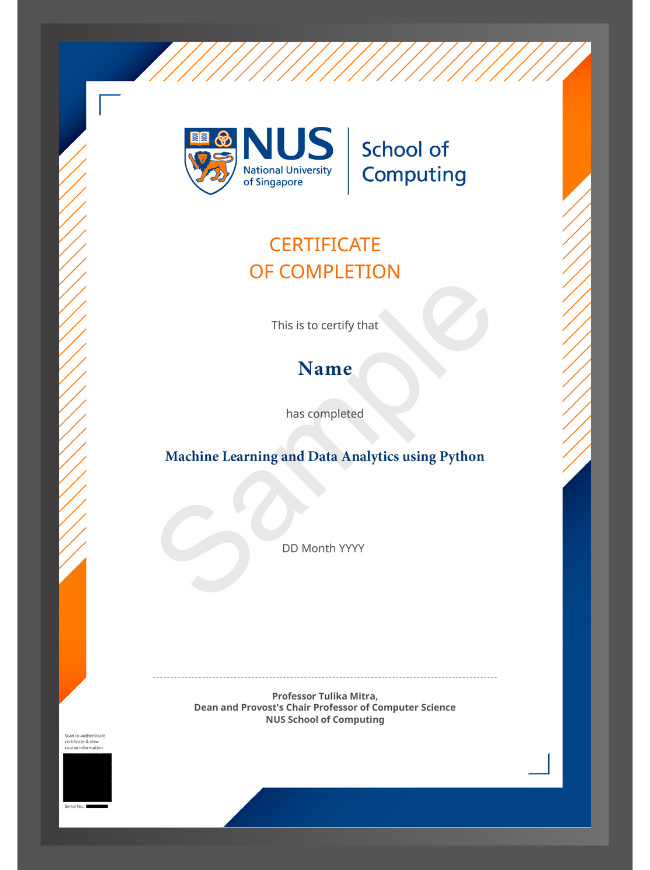
Certificate
Upon successful completion of the programme, participants will be awarded a verified digital certificate by NUS School of Computing.
The Learning Experience
What is it like to learn with the learning collaborator, Emeritus?
More than 300,000 professionals globally, across 200 countries, have chosen to advance their skills with Emeritus and its educational learning partners. In fact, 90 percent of the respondents of a recent survey across all our programs said that their learning outcomes were met or exceeded. All the contents of the course would be made available to students at the commencement of the course. However, to ensure the program delivers the desired learning outcomes, the students may appoint Emeritus to manage the delivery of the program in a cohort-based manner during the course period the cost of which is already included in the overall Course fee of the course.
A dedicated program support team is available 7 days a week to answer questions about the learning platform, technical issues, or anything else that may affect your learning experience.
Limited seats are available.
Early registrations are encouraged. Seats fill up quickly!
Starts On


